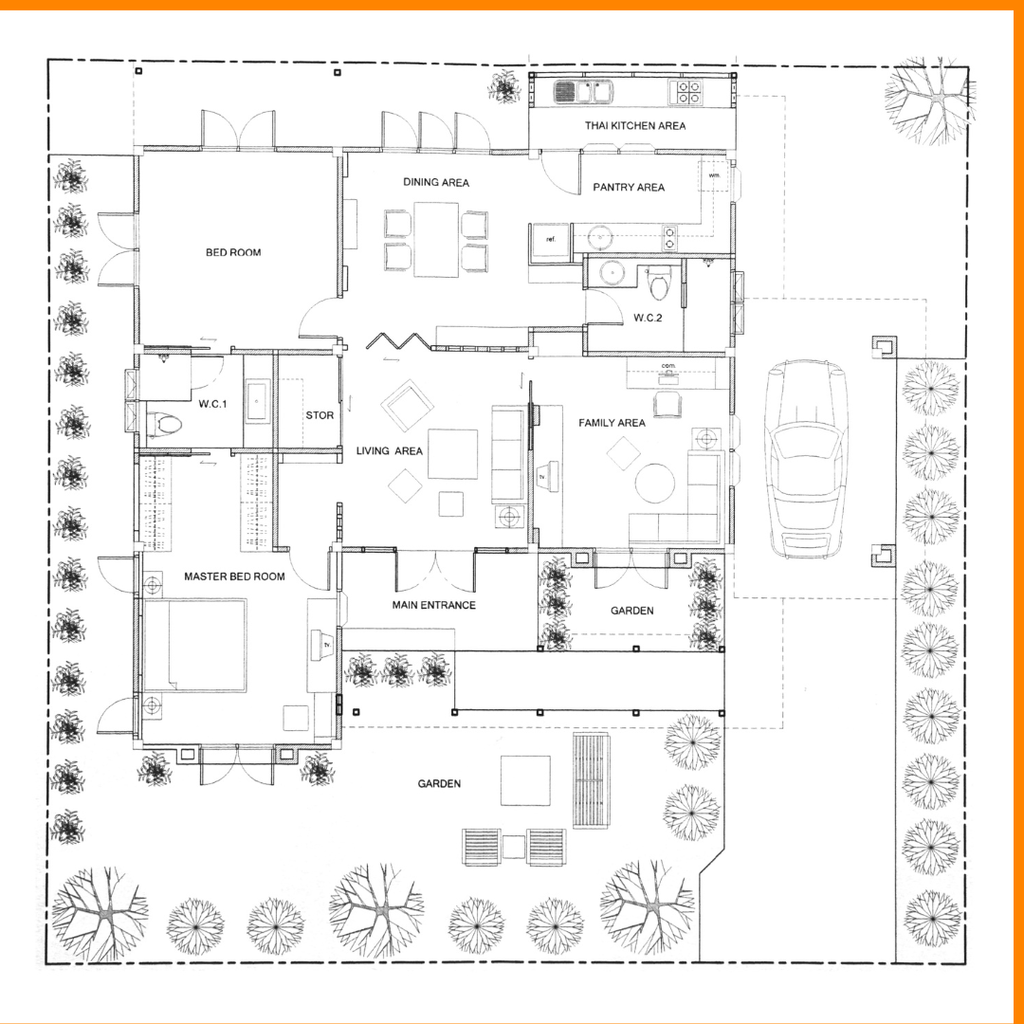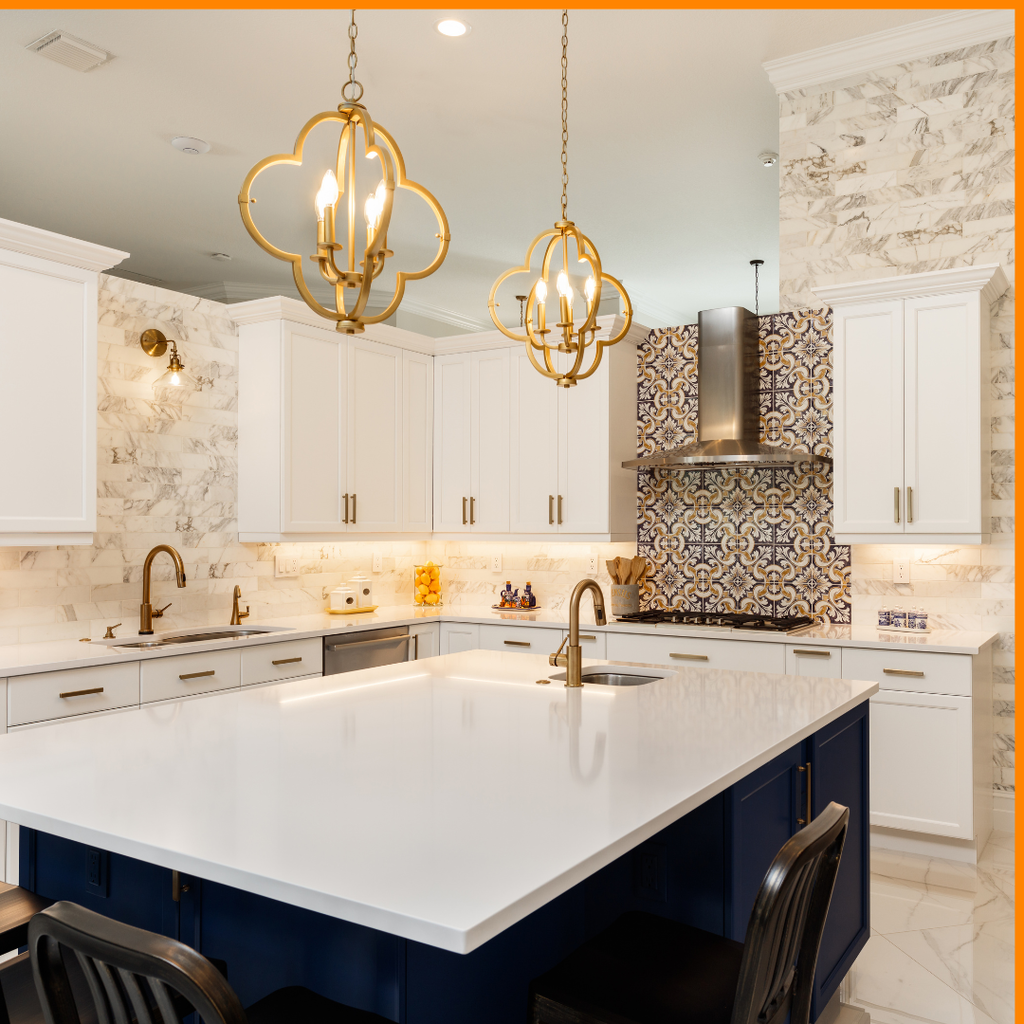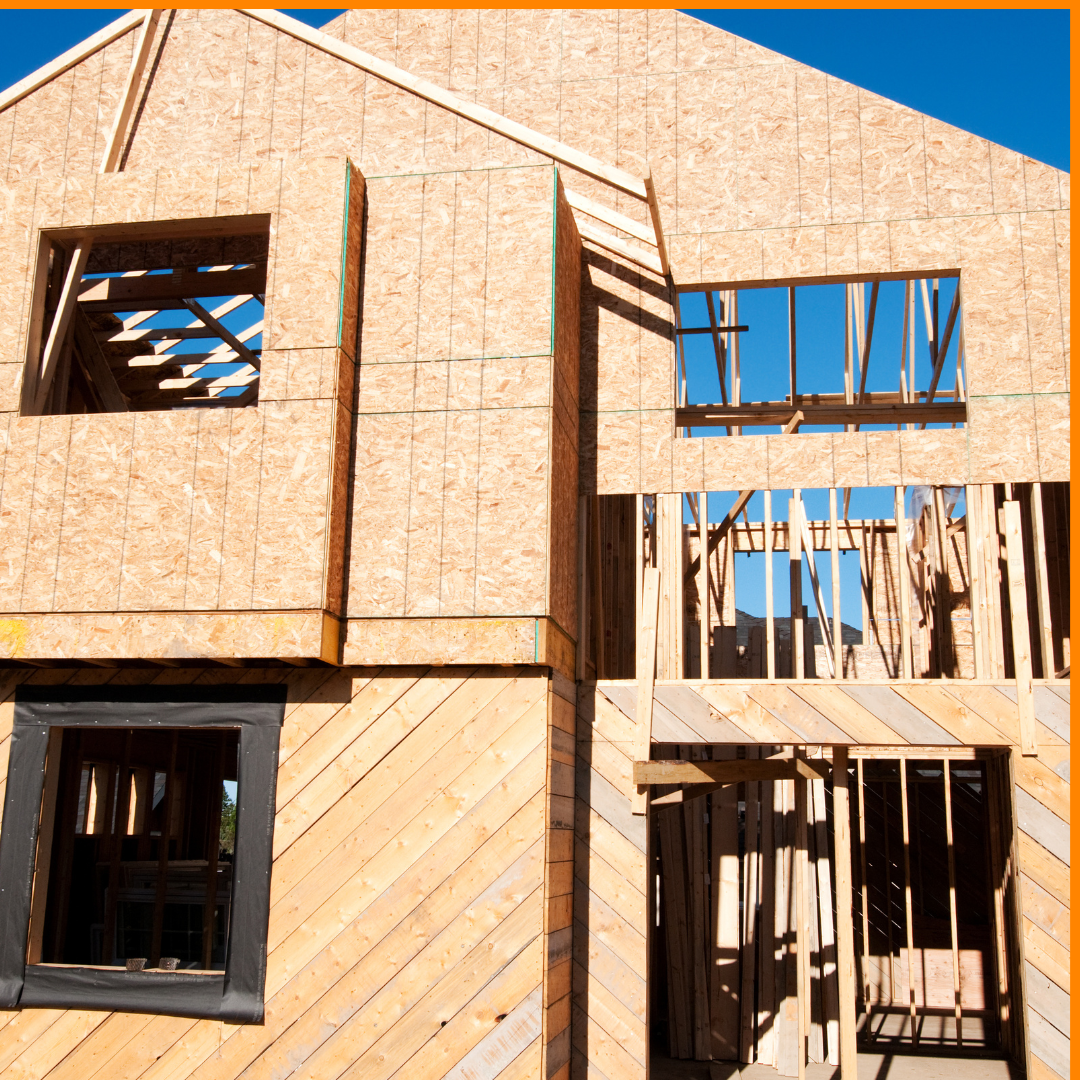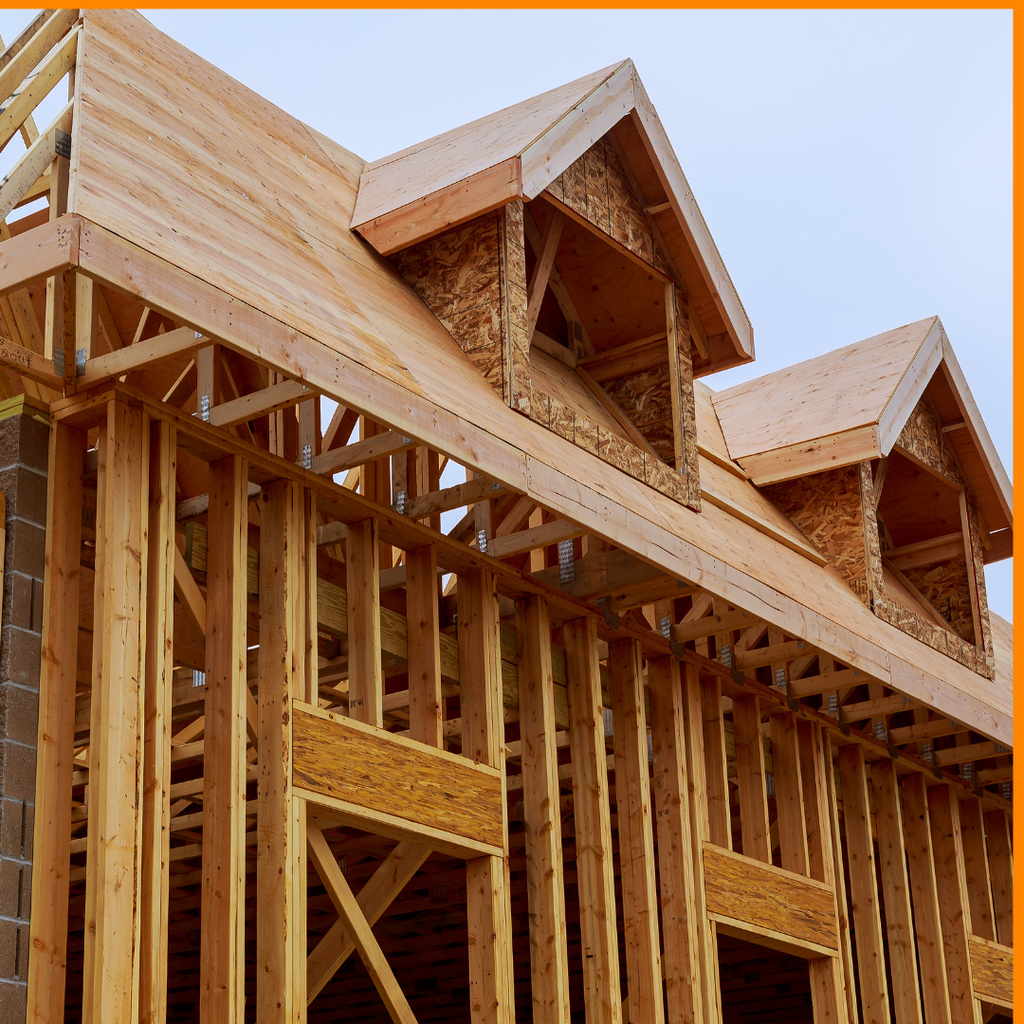Purchasing a new construction home is an exciting opportunity in Northern Virginia. Not everyone gets to design a home to their liking right from scratch. Yet, navigating this market segment requires some insider knowledge. Here’s a comprehensive guide to help you make informed decisions when buying a new construction home.
Do’s of Buying New Construction in Northern Virginia

Use Your Own Real Estate Agent
Some buyers mistakenly think they’ll get a better deal using the builder’s on-site sales agent. I cannot stress enough how important it is to have your own agent who has only your interests at heart. Remember, in most states, including Virginia, dual agency requires explicit agreement from both buyer and seller. Now ask yourself if someone represents both sides who do they actually represent.
Tour the Model Homes
Builders often showcase model homes, and some even offer virtual tours, allowing you to explore various styles and floorplans. Visiting these models in person can help you better understand the layout and flow of the spaces, helping you decide what you like and what might not work for you. These tours can also inspire ideas for furnishing your new home and give you a clearer picture of storage options.
However, remember that the model home isn’t necessarily what you’ll receive. Model homes are designed to impress and encourage you to choose that builder. They feature numerous upgrades, professional staging, and optimal presentation that may not be standard in your actual home.
Buyers should remember that most builders require their agent to accompany them the first time they visit a sales center. See Do #1: HIRE YOUR OWN REAL ESTATE AGENT.
Ask for the Base Cost of the Home Before Upgrades
It’s important to distinguish between the home’s base cost and the additional upgrade costs. Model homes are typically decked out with all possible upgrades, which are not included in the starting price. These upgrades can be pricey, and builders often mark them up significantly.
Get a History of the Builder and Neighborhood
Your agent can provide valuable insights about the builder’s reputation and the history of the community. It’s also wise to conduct your own research on the builder’s past projects and the overall prospects of the neighborhood. Understanding these elements can help you gauge future growth and development in the area.
Choose Your Lot Carefully
Explore various lot options available and evaluate each one thoughtfully. Consider whether you prefer to have neighbors close by on either side, enjoy the privacy of living at the end of a cul-de-sac, or wish to have a larger yard with fewer homes close by.
It is important to discuss the lot boundaries, parking options, and the construction schedule for surrounding areas with the builder. Inquire about any future developments that could impact your living experience. For instance, a lot with a nice view today might be overshadowed by noisy construction or a new building blocking that view. Making a well-informed decision helps ensure that your new home continues to meet your expectations long after you move in.

Carefully Consider Resale Potential
New homes can sometimes mask less desirable aspects like poor location or craftsmanship. Compare the long-term value of a new construction home in a less favorable location with a resale home in a more established area. Don’t let the allure of new construction cloud your judgment of the property’s overall value.
Carefully Review All Documents
Contracts for new constructions are often tailored to benefit the builder. Don’t hesitate to ask for clarifications on any part of the contract you don’t understand. Virginia’s standard realtor contracts are different from builders’ contracts, and once signed, it’s difficult to withdraw without facing penalties. Contingencies such as home sale conditions should be negotiated carefully.
Research Property Tax Rates Independently
Developers might underestimate the property taxes to make a deal seem more attractive. Check with local authorities for the highest estimated tax you might pay, so you’re not caught off guard later.

Hire an Independent Professional Home Inspector
Even new homes can have issues. Investing in a professional inspection can uncover hidden problems, saving you from costly repairs down the line. Rely on a qualified inspector rather than the builder’s construction manager. Check out this post on the different types of inspections suggested when buying a new construction property.
More and more builders have strict policies regarding when inspections can be done and by whom. Be sure to confirm their inspection policy before signing on the dotted line.
Understand Why Developers Request Upgrades Paid in Advance
Developers require upgrades to be paid for upfront because it ensures that they cover their costs even if a sale falls through. If you decide not to purchase the home after ordering upgrades, recovering these costs can be challenging for the builder.

Get Copies of Floorplans and Surveys
Secure copies of blueprints, floor plans, and the latest surveys of your property. These documents may be important for any future modifications. The floorplan will also come in handy when you’re ready to sell.
Know What Your Warranties Cover
Investigate the builder’s warranties for structural integrity, finishes, and appliances. Be wary of short-term warranties that might expire before any major issues become apparent.
There are three types of warranties: implied warranties, express warranties, and manufacturer’s warranties. Each serves a different purpose and offers different levels of protection.
Implied Warranties
Implied warranties are not usually explicitly stated in the builder’s contract but are recognized by law. They generally cover workmanship and potential defects that could affect the home’s safety and habitability, aligning with local building standards.
Express Warranties
Builders provide express warranties and are more detailed, specifying what defects are covered and the duration of coverage. These can vary widely, so reading the terms carefully is important. For instance, certain home systems like electrical or plumbing might be covered for different lengths of time. Understanding these details helps you know how and when you can address any issues that might arise.
Manufacturer Warranties
These warranties come directly from the manufacturers of products used in your home, such as appliances. However, these warranties typically do not cover damages from misuse or cosmetic issues.
Don’ts of Buying New Construction in Northern Virginia
Don’t Forget to Read the Fine Print
Be sure to read all the documents provided by your builder thoroughly before agreeing to anything. If anything is unclear, don’t hesitate to consult with your real estate agent or a legal expert.
Pay close attention to the details about the appliances: which are included and which are not. Also, understand what features come standard and what are considered upgrades. Knowing what additional items you’ll need to purchase on your own—like refrigerators, window treatments, light fixtures, and security systems—will help you manage your budget and prepare for move-in day.
Don’t Be Surprised at Builder’s Unwillingness to Negotiate
In popular developments, builders are less likely to negotiate prices due to high demand. However, they might offer upgrades like better appliances or flooring as a sign of goodwill, especially in a competitive market.
Don’t Overlook Upgrade Costs
It’s easy to get swept up in the excitement of customizing your new home with all the available upgrades. However, this enthusiasm can quickly lead to unexpected costs, turning a $600,000 home into a $700,000 one due to extensive upgrades.
Take the time to evaluate the upgrades offered and prioritize those that add real value to the home or significantly enhance your living experience. For instance, instead of upgrades in a rarely used space, you might invest in additional lighting and ceiling fans in all bedrooms and more durable flooring for areas with heavy foot traffic.
Set a realistic budget for upgrades and stick to it. Overextending yourself financially at this stage can strain your resources, which you’ll also need to move and furnish your new home. Being conservative with upgrades can free up funds for other essentials like furniture, artwork, and landscaping later on.

Don’t Expect Your Home to Look Like the Model
Touring a model home can be an overwhelming experience; the first-class staging and high-end finishes are designed to draw you in. But remember, your actual home may not look exactly the same. Model homes often feature all possible upgrades to showcase the builder’s full range of options and encourage you to choose more expensive features.
Keep a practical mindset and concentrate on the floor plan during your visit. Consider how the space functions: Are the bedrooms sized adequately for your family? Is there sufficient closet space to accommodate all your things? By focusing on the layout and the functionality of the space, you can better assess whether the home will truly meet your needs without getting distracted by the high-end options on display.
Don’t Skip a Final Punch List at Walk-Through
Document all unfinished tasks or issues in a punch list during your final walk-through. This list should be agreed upon and signed by both parties, ensuring the developer is accountable for promptly completing these items.
Don’t Forget a Contingency Plan
Always prepare for possible delays or issues in the construction timeline. A contingency plan will help mitigate the frustration and inconvenience of such delays.
Interested in More Information?
Check out our Northern Virginia New Construction Guide for more articles on how you can buy a new home with the least hassle and stress. Have a question? Need an agent to represent you? Click Here to schedule your Perfect Home Consultation or call/text us at 703-539-2053.

